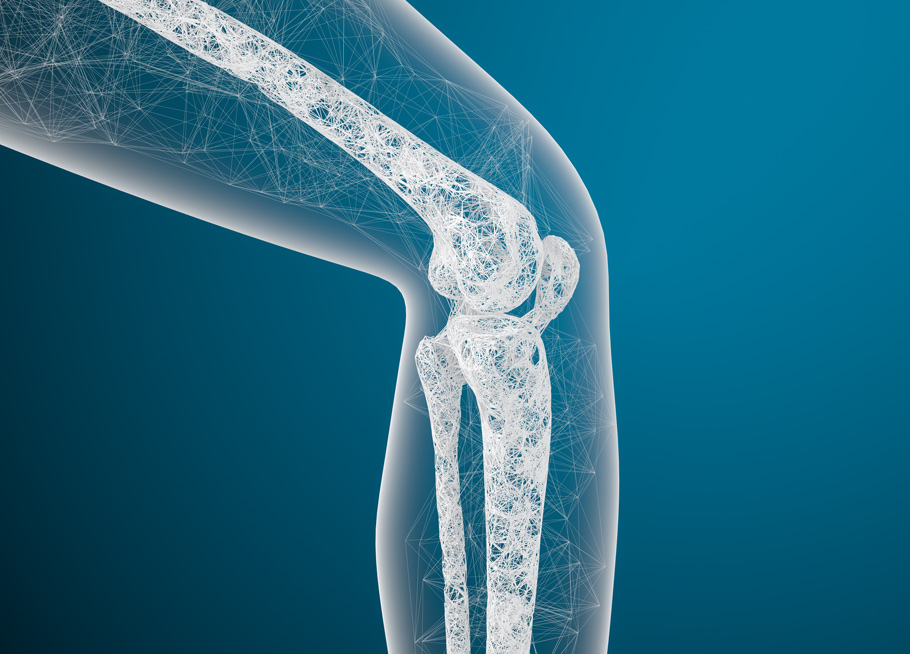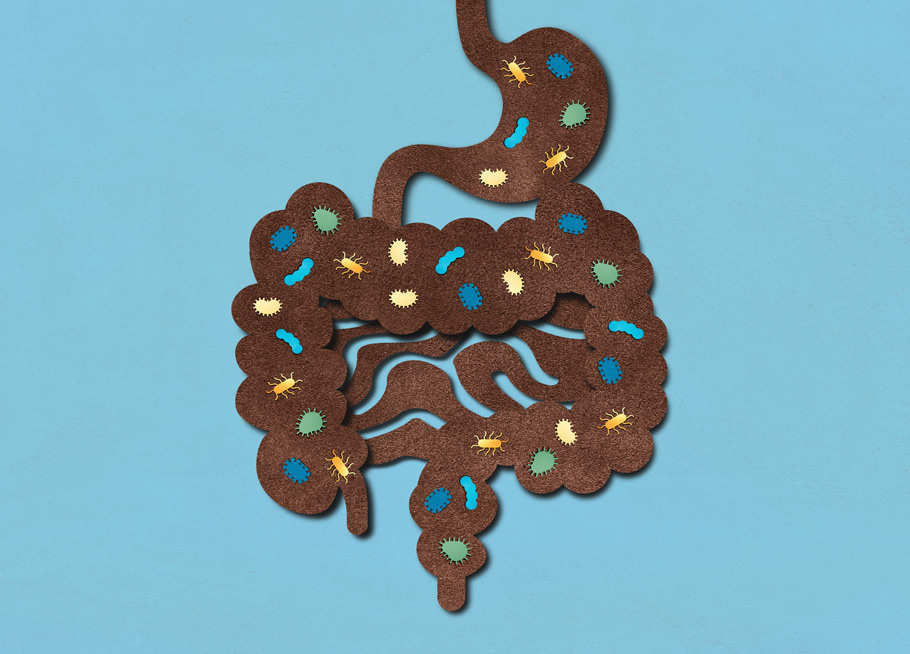
Can Lupus be Detected on a Brain MRI?
Lupus, or systemic lupus erythematosus (SLE), is an autoimmune disease that can potentially affect any part of the body, including the central nervous system (CNS). When lupus affects the CNS, it can cause a variety of neurological and psychiatric symptoms. This is often referred to as neuropsychiatric SLE (NPSLE).
MRI and Lupus
While an MRI (Magnetic Resonance Imaging) cannot diagnose lupus directly, it can reveal abnormalities in the brain related to NPSLE. An MRI is a non-invasive imaging technique that creates detailed images of the body’s internal structures.
In individuals with lupus, an MRI can identify several changes, such as:
- White matter hyperintensities: These are bright spots seen on an MRI scan. They are often found in patients with NPSLE and might be related to small vessel inflammation.
- Atrophy: Brain atrophy means that there is a reduction in brain volume. It may occur in some lupus patients, particularly those with a long disease duration or recurrent neuropsychiatric events.
- Stroke: Lupus patients are at a higher risk for stroke. An MRI can identify areas of the brain damaged by a stroke.
- Other findings: Less commonly, lupus may cause inflammation or bleeding in the brain, visible on an MRI.
When is an MRI Used?
If a lupus patient presents with symptoms such as severe headaches, cognitive dysfunction, seizures, mood disorders, or other neurological signs, a physician may order an MRI to investigate possible CNS involvement.
“While an MRI cannot diagnose lupus, it can reveal changes in the brain caused by the disease, aiding in the diagnosis and management of neuropsychiatric SLE.”
However, it’s essential to note that not all CNS symptoms in lupus patients are due to NPSLE. They could be related to other factors like medication side effects, infections, or metabolic abnormalities. Therefore, the interpretation of an MRI should always be in the context of a comprehensive clinical evaluation. If you or someone you know has lupus and experiences neurological or psychiatric symptoms, it is crucial to discuss them with a healthcare provider for a thorough evaluation.
How do you Know if Lupus is Affecting your Brain?
When systemic lupus erythematosus (SLE) affects the nervous system, including the brain, it’s referred to as neuropsychiatric SLE (NPSLE). This can result in a wide range of neurological and psychiatric symptoms. Here are some signs that lupus might be affecting the brain:
Cognitive Dysfunction
Some people with lupus may experience cognitive difficulties, such as problems with memory, attention, or problem-solving. This might manifest as forgetfulness, difficulty concentrating, or trouble performing tasks that were previously easy.
Mood Disorders
Depression and anxiety are common in lupus and may be signs of NPSLE. It’s important to differentiate between mood changes due to the stress of living with a chronic illness and those resulting from lupus activity in the brain.
Psychosis
Although less common, some individuals with lupus may experience psychosis, including hallucinations or delusions. This is often a clear indicator of NPSLE.
Headaches and Seizures
While headaches can be common in the general population, severe, persistent headaches that don’t respond to usual treatment may indicate CNS involvement in lupus. Seizures that can’t be attributed to other causes may also be a sign of NPSLE.
Other Neurological Symptoms
Other possible signs of lupus affecting the brain can include stroke-like symptoms (such as sudden weakness or numbness on one side of the body or difficulty speaking), vision changes, balance problems, or changes in behavior or personality.
“When lupus affects the brain, it can result in a variety of neurological and psychiatric symptoms. Prompt recognition and treatment of these symptoms are crucial.”
However, it’s crucial to understand that not all neurological and psychiatric symptoms in people with lupus are due to NPSLE. They can also result from medication side effects, infections, or other illnesses. Therefore, any new or worsening neurological or psychiatric symptoms in someone with lupus should prompt a thorough evaluation by a healthcare provider. This typically includes a detailed medical history, physical and neurological exams, and possibly imaging studies or other tests. Treatment for NPSLE usually involves managing lupus activity and may require additional therapies such as corticosteroids, immunosuppressants, or symptomatic treatments.
Article by Dr. Naveen Bhadauria



